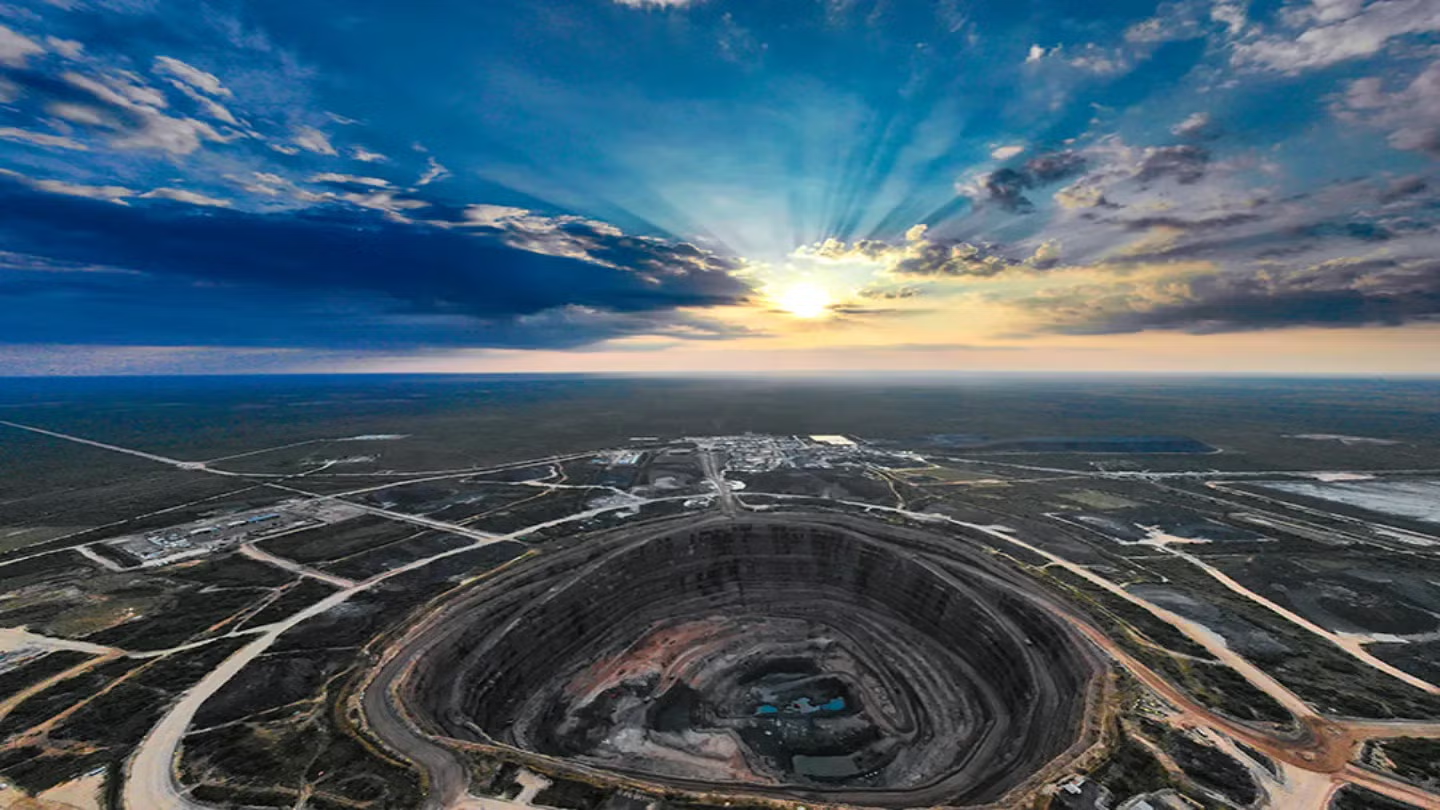National Industrial Minerals

Industrial minerals are essential to the economic and technological development of any nation. National industrial minerals refer to the non-metallic, non-fuel minerals that are mined, processed, and used domestically to support a wide range of industries — from construction and manufacturing to agriculture and energy .
Understanding the role and availability of these minerals at the national level is crucial for ensuring economic stability , industrial competitiveness , and environmental sustainability .
🏗️ What Are National Industrial Minerals?
National industrial minerals are naturally occurring, non-metallic minerals that are vital to a country’s industrial infrastructure. These minerals are not used for metal extraction or energy production, but rather for their physical and chemical properties .
Common national industrial minerals include:
- Calcium carbonate (limestone, chalk)
- Kaolin (clay)
- Silica sand
- Barite
- Talc
- Dolomite
- Feldspar
These materials are used across various applications such as:
- Cement and concrete production
- Paints, coatings, and plastics
- Agricultural soil amendments
- Drilling fluids in oil and gas
- Glass and ceramics manufacturing

🌍 Why Are Industrial Minerals Important Nationally?
The availability and accessibility of industrial minerals have a direct impact on a country’s industrial output , infrastructure development , and economic growth .
1. Supporting Infrastructure and Construction
Minerals like limestone and silica sand are essential for producing concrete, asphalt, and insulation materials — all critical for roads, bridges, and buildings.
2. Driving Manufacturing Innovation
High-purity minerals are used in advanced manufacturing, including semiconductors, specialty coatings, and high-performance plastics.
3. Boosting Agricultural Productivity
Minerals such as gypsum and dolomite improve soil quality, enhance crop yield, and support sustainable farming practices.
4. Fueling the Energy Sector
Barite is used in drilling fluids for oil and gas exploration, while silica is vital for solar panel production.

📊 National Industrial Minerals Policy and Regulation
Governments play a key role in managing industrial mineral resources through:
- Land-use planning and mining rights
- Environmental regulations and land reclamation requirements
- Trade policies and import/export controls
- Support for innovation and sustainable practices
Countries like the United States , Canada , and Australia have established regulatory frameworks to ensure responsible extraction and use of industrial minerals, balancing economic development with environmental protection.

❓ Frequently Asked Questions (FAQs)
Q: What are national industrial minerals?
A: National industrial minerals are non-metallic, non-fuel minerals used in various industries for their physical and chemical properties — including calcium carbonate, kaolin, silica sand, and barite.
Q: Why are industrial minerals important for a country’s economy?
A: They support key sectors like construction, manufacturing, agriculture, and energy, contributing to infrastructure development, job creation, and economic growth.
Q: How are industrial minerals regulated at the national level?
A: Governments regulate industrial minerals through land-use policies, environmental standards, and trade regulations to ensure sustainable and responsible resource management.
Final Thoughts
National industrial minerals are the unsung heroes of modern economies — quietly powering the infrastructure, products, and technologies we rely on every day. As industries evolve and sustainability becomes more critical, the strategic management and responsible use of these minerals will continue to shape the future of national economies and global supply chains.
Stay informed about the latest trends, regulations, and innovations in the world of national industrial minerals to ensure your business or organization remains competitive and compliant.

